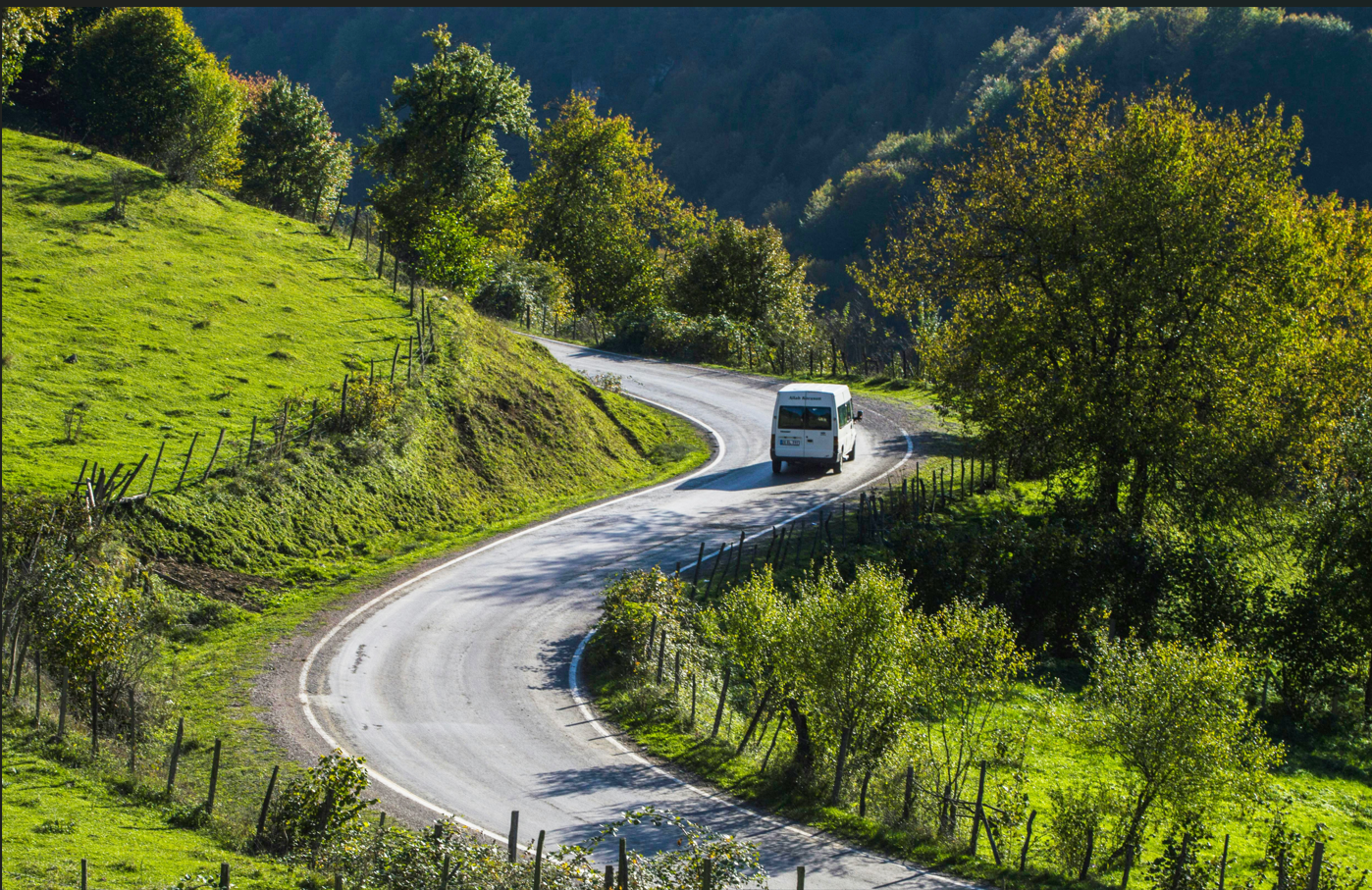
Our solutions


04
/
03
/
2021

Mobility in rural areas is a major issue. Transport provision for rural areas in the UK has shrunk over the past half century. From the Beeching cuts to the decline in bus services over more recent history – which is particularly acute in rural areas – there is now a crisis in provision for rural communities.
The challenges of rural mobility are those of smaller populations, distributed unevenly over greater areas (along with jobs and services) and generally connected by lower capacity and less reliable networks. According to the Countryside Climate Network, 2020:
Since its creation, Padam Mobility aims to make smart mobility more efficient, and therefore more accessible, to sparsely populated areas. Taking care of the mobility of the inhabitants of peri-urban and rural areas by offering sustainable shared mobility solutions is a mission to which the company responds on a daily basis by implementing on-demand transport services (DRT and Paratransit). To improve travel for all and facilitate access to services and jobs.
Our solutions have proved their worth in rural areas because they are easily adaptable to local issues and provide relevant answers to the problems encountered by mobility stakeholders in this scale of territory. Because they make it possible to reduce the cost per trip, by increasing the attractiveness of services and therefore ridership, while at the same time reducing operating costs by minimising empty rides as much as possible. Also because they can be adapted and integrated into a mobility offer by focusing on the most difficult part: providing a comprehensive service to users who are furthest away from the main routes. They particularly respond to the challenges of:
Relevance of the mobility offer
Quality of service
User experience and digital transition
Accessibility and sustainability
In Châlons-en-Champagne, Saint-Omer, in the Brittany or Pays de la Loire region in France, in the federal state of Rhineland-Palatinate, in Germany, Padam Mobility DRT and Paratransit solutions have been able to adapt to the local constraints and challenges of both the territories and their inhabitants in order to improve the mobility of rural populations, reduce their dependency on private cars and increase their autonomy in their travels.
In these territories, transport operators and public authorities have jointly decided to encourage a smart and flexible alternative mobility, based for the most part on innovative management platforms. Thanks to on-demand transport services (DRT and Paratransit), new ways of managing and guaranteeing access to a more inclusive and sustainable mobility have been put in place. These means allow a gradual transition towards carbon-free travels, reduce the impact of private cars and improve access to employment and service areas.
The implementation of dynamic DRT and Paratransit smart solutions guarantees operators and local authorities immediate benefits:
The potential and new use cases that these on-demand transport services make it possible to apprehend open up new perspectives:
Rethinking the mobility offer as a whole
Adapting quickly and at no extra cost to the new use cases that have emerged as a result of the health crisis.
Find out more about Padam Mobility
This article might interest you: How Padam Mobility is revolutionising the way people move in all territories

07
/
01
/
2026

.jpg)
18
/
12
/
2025

.png)
16
/
12
/
2025
